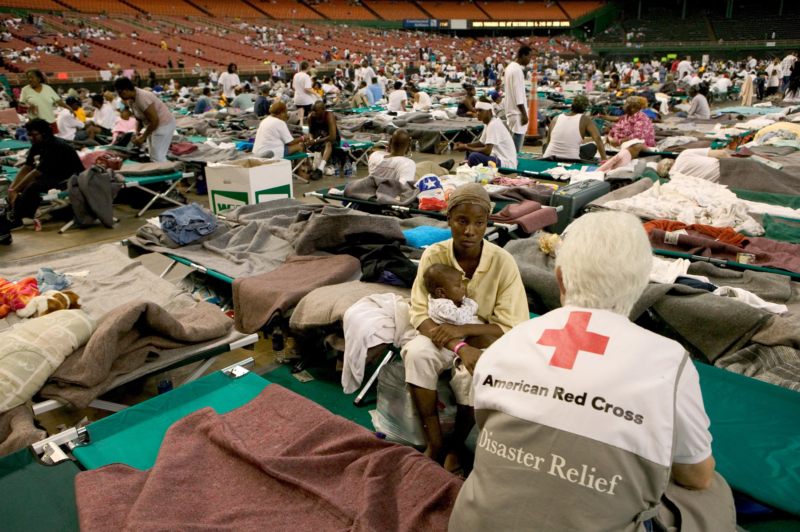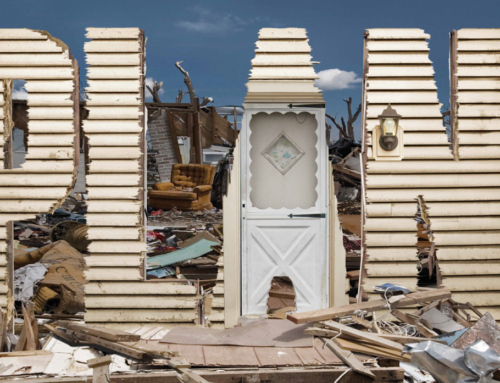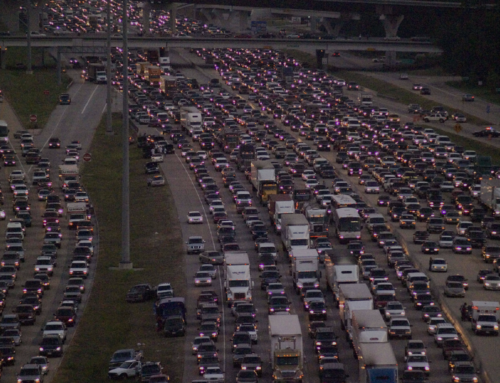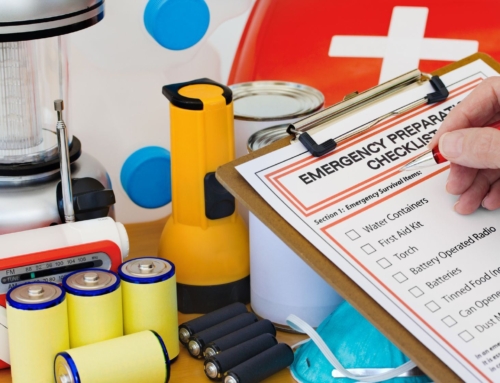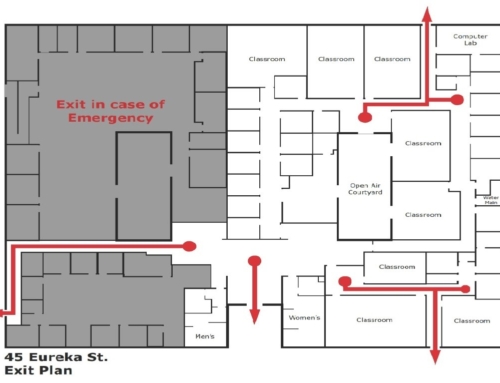Choosing to take shelter is necessary in many emergencies.
Taking appropriate shelter is critical in times of disaster. Sheltering is appropriate when conditions require that you seek protection in your home, place of employment or other location when disaster strikes. Sheltering outside the hazard area could include staying with friends and relatives, seeking commercial lodging or staying in a mass care facility operated by disaster relief groups.
To effectively shelter, you must first consider the hazard and then choose a place in your home or other building that is safe for that hazard. For example, for a tornado, a room should be selected that is in a basement or an interior room on the lowest level away from corners, windows, doors and outside walls.
The safest locations to seek shelter vary by hazard. Be Informed about the sheltering suggestions for each hazard.
There may be situations, depending on your circumstances and the nature of the disaster, when it’s simply best to stay where you are and avoid any uncertainty outside by “sheltering in place”.
The length of time you are required to shelter may be short, such as during a tornado warning, or long, such as during a winter storm or a pandemic. It is important that you stay in shelter until local authorities say it is safe to leave. Additionally, you should take turns listening to radio broadcasts and maintain a 24-hour safety watch.
During extended periods of sheltering, you will need to manage water and food supplies to ensure you and your family have the required supplies and quantities. Read more about Managing Water and Managing Food.
Search for open shelters by texting SHELTER and a Zip Code to 43362 (4FEMA). Ex: Shelter 01234 (standard rates apply)
Learn more by visiting: http://www.disasterassistance.gov/
There may be circumstances when staying put and creating a barrier between yourself and potentially contaminated air outside, a process known as “sealing the room,” is a matter of survival.
Use common sense and available information to assess the situation and determine if there is immediate danger. If you see large amounts of debris in the air, or if local authorities say the air is badly contaminated, you may want to take this kind of action.
The process used to seal the room is considered a temporary protective measure to create a barrier between you and potentially contaminated air outside. It is a type of sheltering in place that requires preplanning.
- Bring your family and pets inside.
- Lock doors, close windows, air vents and fireplace dampers.
- Turn off fans, air conditioning and forced air heating systems.
- Take your emergency supply kit unless you have reason to believe it has been contaminated.
- Go into an interior room with few windows, if possible.
- Seal all windows, doors and air vents with 2-4 mil. thick plastic sheeting and duct tape. Consider measuring and cutting the sheeting in advance to save time.
- Cut the plastic sheeting several inches wider than the openings and label each sheet.
- Duct tape plastic at corners first and then tape down all edges.
- Be prepared to improvise and use what you have on hand to seal gaps so that you create a barrier between yourself and any contamination.
- Local authorities may not immediately be able to provide information on what is happening and what you should do. However, you should watch TV, listen to the radio or check the Internet often for official news and instructions as they become available.


